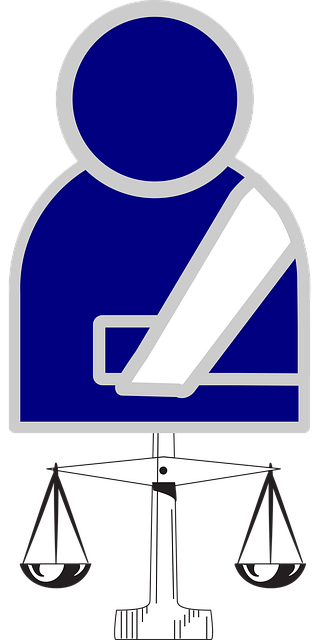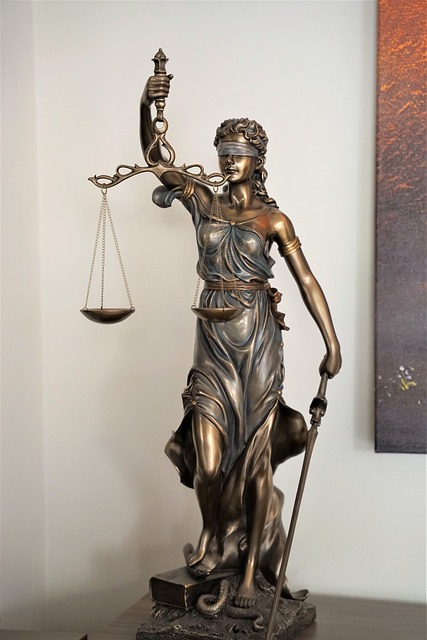Wrongful death lawyers are crucial navigators in legal proceedings, offering expertise beyond legal knowledge to assess damages, understand local laws, and negotiate strategies. They advocate for clients in disputes like employment or insurance claims, shaping outcomes through settlements or verdicts. Their strategic guidance ensures justice for bereaved families and holds accountable entities responsible for catastrophic events. Specialized services excel in contract disputes, influencing settlement negotiations and trial decisions, ultimately guiding clients through settlement vs. trial choices for the best possible outcome.
In the legal landscape, a wrongful death lawyer plays a pivotal role in guiding outcomes—whether through settlements or trials. This article delves into the intricate dynamics of their involvement. We explore how understanding the nuances of settlements empowers lawyers to secure favorable resolutions without reaching the courtroom. Additionally, we analyze the profound impact of wrongful death lawyer expertise on trial decisions, highlighting strategic considerations that shape client victories. By dissecting these key differences, readers gain valuable insights into the art and science of advocacy.
- Understanding the Lawyer's Role in Settlements
- The Impact of Wrongful Death Lawyer Expertise on Trials
- Key Differences: Settlement vs. Trial Decisions
Understanding the Lawyer's Role in Settlements

Lawyers play a pivotal role in guiding clients through complex legal processes, and their influence is particularly profound when it comes to settlements versus trial outcomes. In the context of wrongful death claims, for instance, a skilled lawyer can be instrumental in navigating the intricate web of legal complexities. They not only ensure that all relevant facts are presented but also negotiate with insurance companies on behalf of the client, aiming to secure a fair settlement.
A wrongful death lawyer’s expertise extends beyond their legal acumen; it involves a deep understanding of emotional and financial damages, as well as an awareness of local laws and regulations. This knowledge enables them to advocate for their clients’ best interests during negotiations with insurance carriers or even before a judge and jury in employment disputes or homeowner insurance claims cases. Their strategic approach can significantly impact the final decision, whether it’s through a settlement agreement or a verdict after a trial.
The Impact of Wrongful Death Lawyer Expertise on Trials

The expertise of a wrongful death lawyer plays a pivotal role in shaping the outcome of trials involving such sensitive cases. Their profound understanding of the law and its intricacies can significantly sway public opinion and judicial decisions. Wrongful death attorneys are equipped to present compelling arguments, meticulously constructing a narrative that highlights the negligence or intentional actions leading to the loss of a life. Through their strategic legal guidance, they ensure that the deceased’s family receives justice and adequate compensation for their grief and financial burdens.
The impact of these lawyers’ expertise extends beyond the courtroom. Their involvement often leads to a more profound sense of accountability when dealing with catastrophic events like car accidents or medical malpractice. Wrongful death attorneys serve as guardians of victims’ rights, holding responsible parties accountable for their fiduciary duty breaches. This specialized legal service ensures that contract disputes related to personal injury claims are handled with the utmost proficiency, ultimately affecting the overall decision-making process in both settlement negotiations and trial decisions.
Key Differences: Settlement vs. Trial Decisions

When a dispute reaches the courtroom, the decisions made by lawyers can significantly shape the outcome for their clients. A crucial distinction arises when considering settlement agreements versus trial verdicts. In a settlement, both parties involved agree to resolve the case outside of court, often with the assistance of legal counsel. This alternative route allows for more control over the terms and can be particularly beneficial in cases like wrongful death lawsuits, where the family seeks justice and compensation.
In contrast, trial decisions are made by judges or juries after a full presentation of evidence and legal arguments. This process is time-consuming and costly, making it less appealing to some clients who prefer quicker resolutions. However, trial verdicts can lead to more substantial financial awards, especially in complex cases such as real estate litigation or insurance coverage disputes. Moreover, these decisions carry the weight of a formal court ruling, which may have implications for future legal matters, including nursing home abuse lawsuits seeking accountability and reform.
In conclusion, a wrongful death lawyer plays a pivotal role in both settlement negotiations and trial decisions. Their expertise significantly influences the outcome of cases, ensuring fair compensation for victims’ families. Understanding the nuances between settlements and trials is essential for navigating the complex legal landscape, ultimately leading to just resolutions.






